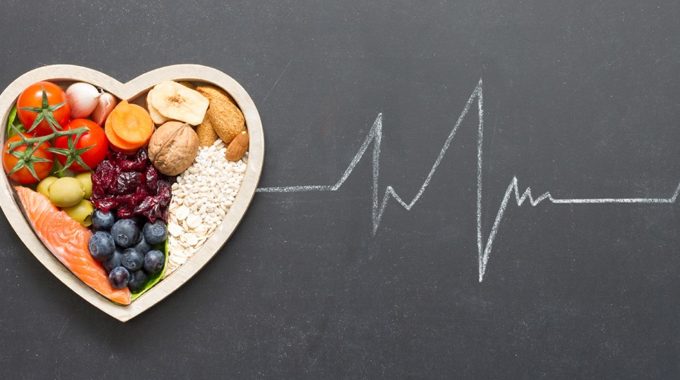Need to know health and nutrition news
Globally, more than a billion people suffer from high blood pressure. This puts them at greater risk of cardiovascular diseases like heart attack and stroke. Cardiovascular diseases are the leading cause of death worldwide; in Australia, one person dies from cardiovascular disease every 12 minutes. Now, Aussie research has revealed that a simple food you can find in the fridge could be the solution to lowering that high BP. Also in health and nutrition news this week, the healthiest supermarket home brand is revealed. Plus, why you need to stop washing your chook before you cook it, and how rotten fruit could help to detect cancer.
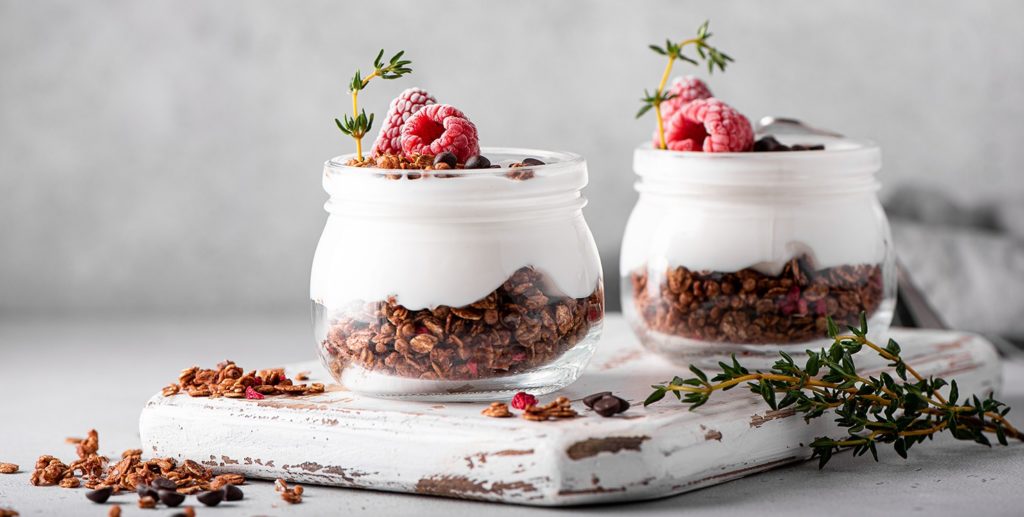
A daily dose of yoghurt for your BP
Yoghurt could be the next go-to food for people with high blood pressure, according to new research from the University of South Australia. The study found that yoghurt lowers blood pressure in patients with hypertension.
Dairy foods contain a range of micronutrients, including calcium, magnesium and potassium. These are all involved in the regulation of blood pressure. Yoghurt also contains bacteria that promote the release of proteins which lowers blood pressure.
“Even small amounts of yoghurt were associated with lower blood pressure,” says UniSA researcher Dr Alexandra Wade. “And for those who consumed yoghurt regularly, the results were even stronger,” she says. “Blood pressure readings were nearly seven points lower than those who didn’t consume yoghurt.”
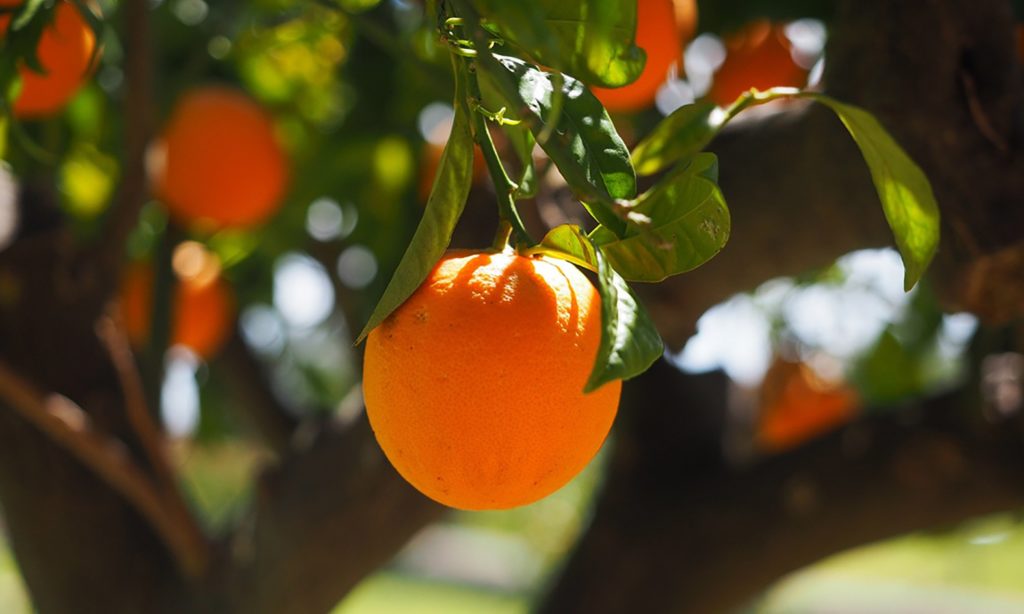
Spoiled oranges shine light on disease
A University of Sydney researcher is developing a cancer and disease-detecting probe that can be made from the juice of rancid oranges. The tiny probe – called a nanobiosensor – uses fluorescence to signal cells’ pH levels in terms of their acidity or alkalinity. It detects whether cells are at risk, or in the early stages of cancer or other serious diseases. When human cells become more acidic, it can suggest that cancer is not far off.
The nanobiosensor is made of fluorescent carbon dots that can be created from food waste. In this case, biomedical engineering PhD student Pooria Lesani used the juice of rotten oranges. The “off” oranges were used for their high levels of ascorbic acid – which improves the nanobiosensor’s functionality. They also minimise food waste going to landfill.
“Many diseases start developing over many years, even decades, before a person shows even the slightest of symptoms,” Lesani says. “Our device allows for a more accurate disease diagnosis before the onset of symptoms. It also enables the early detection of serious diseases associated with pH fluctuations.”
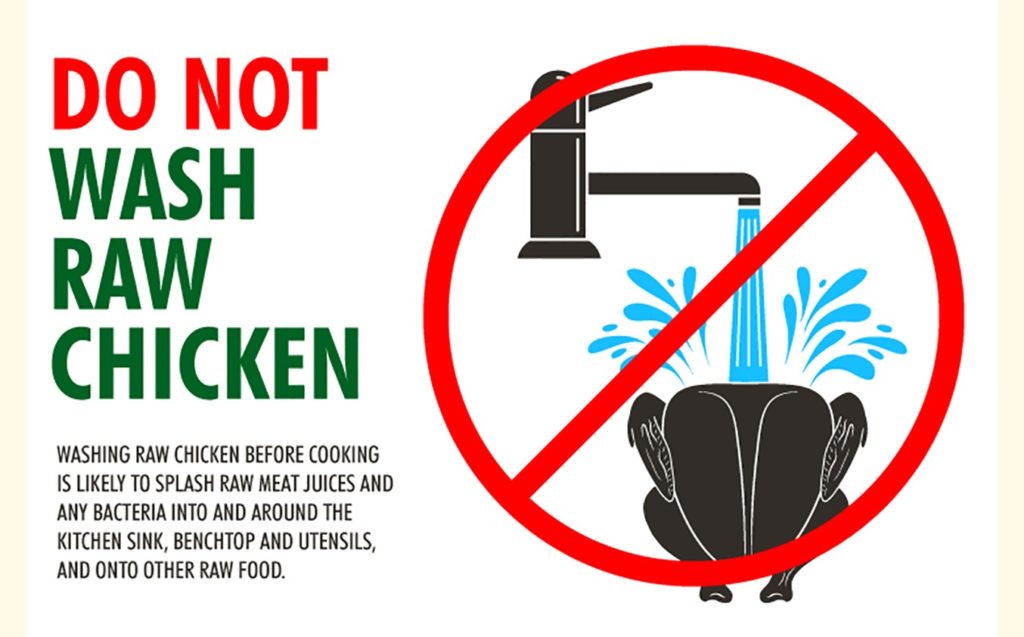
Stop washing your chook already
Australia’s leading chicken and food safety experts are calling on Australians to stop washing raw chicken. The Australian Chicken Meat Federation (ACMF) and the Food Safety Information Council are concerned by research that found 49 percent of Australians were washing raw whole chicken before cooking it. This is despite the food safety risk it presents.
“We’re still seeing recipes advising cooks to wash raw chicken as part of food prep,” says ACMF Executive Director Dr Vivien Kite. “With Christmas just around the corner, we want this to stop. Some bacteria, like Salmonella, are part of the normal microflora of the chicken gut. When food is handled incorrectly, these bacteria can cause illness in humans. Washing raw chicken can splash raw meat juices and bacteria around the kitchen sink, bench top, utensils and other foods. This increases the chance that you might get sick.”
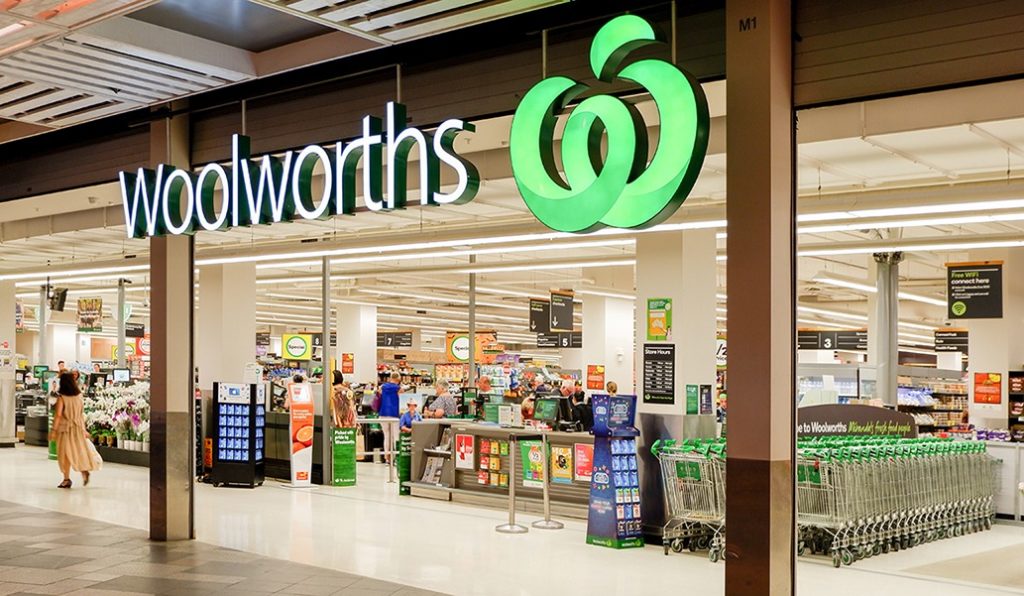
Health begins at home brand
Woolworths is still winning the supermarket war when it comes to the healthiest home brands, according to the FoodSwitch: The State of the Food Supply report. The George Institute for Global Health’s annual snapshot of the nation’s packaged food supply found that out of the big four supermarkets, Woolworths brands still have the highest overall healthiness rating. Coles ranked second, ALDI third and IGA came in as least healthy.
George Institute researchers used Health Star Ratings to rank just over 18,000 packaged food and beverage items sold across Australia. Public health lawyer Dr Alexandra Jones from the George Institute says it’s disappointing to see there’s been little change in the overall healthiness of our food supply in the last two years.
“Our data suggest government-led voluntary initiatives encouraging manufacturers to make healthier packaged foods are having little effect,” she says.
For more health and nutrition news, check out this Aussie nutrition research, this advice on food addiction and this study that shows how you can save the planet and your health.


